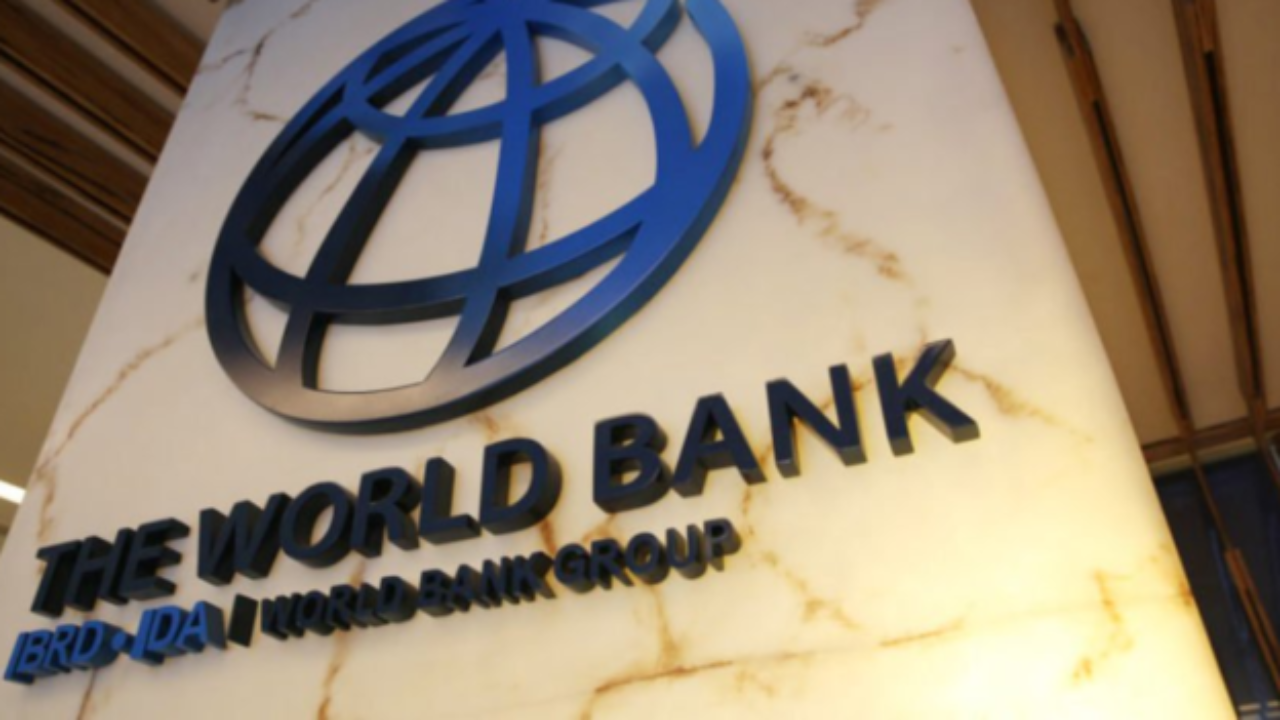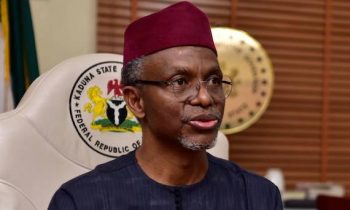… businesses in Nigeria lose about $29 billion annually

Olusola Bello
The World Bank has said that the inability Nigeria’s Electricity Supply Industry (NESI), to allow cost-reflective model, the tariff shortfall may rise to N3 trillion by 2023.
Muhammad Abba Wakil, Senior Energy Specialist, with the bank in his presentation titled, Power Sector Recovery Programme (PSRP): A More Just and Fair Tariff Policy, said if the policy persisted, government might require N3.4 trillion to fund the tariff gap.
He disclosed this while explaining content of a fact sheet on tariff shortfall during a virtual media workshop. He emphasized that by implication, the cumulative tariff shortfall would be five times the 2020 budget allocation for Education and seven times the allocation for Health.
He said the FG’s intention at keeping tariff low was to help the economically disadvantaged but this move is mostly beneficial to the rich.
According to him, the government for years was paying the difference because the government wanted to help poor Nigerian families to pay their bills. But richer families use more electricity, so a big chunk of government support ends up going to those who do not really need help with paying bills.
The World Bank chief said the factsheet shows that only 22 per cent of poorest households are connected to the grid, stressing that:
‘For every N10 the government spends on meeting the tariff shortfall, N8 goes to the richer households who don’t need help paying their bills.’
Wakil noted that if sector performance and discipline were not improved, government might need to provide the required sum to support the sector by 2023.
Meanwhile, the Senior Energy Specialist said due to erratic power supply, businesses in Nigeria lose about $29 billion annually. His words: “An average Nigerian consumes 4 times less energy than her counterpart in a typical lower middle-income country. Businesses in Nigeria lose about US$29 billion annually because of unreliable electricity. In view of this, he said the PSRP is a comprehensive response to Nigeria’s power challenges.
“Its aim is to renew Nigeria’s economy by rebuilding a functioning and fair power sector. Given the enormity and complexity of issues, the government decided to first focus PSRP on the distribution segment since it is the most pressing sector constraint.”
He further disclosed that between June 2020 and February 2021, the World Bank Board had approved $1.25 billion financing to support the government in its efforts to reset power sector.





